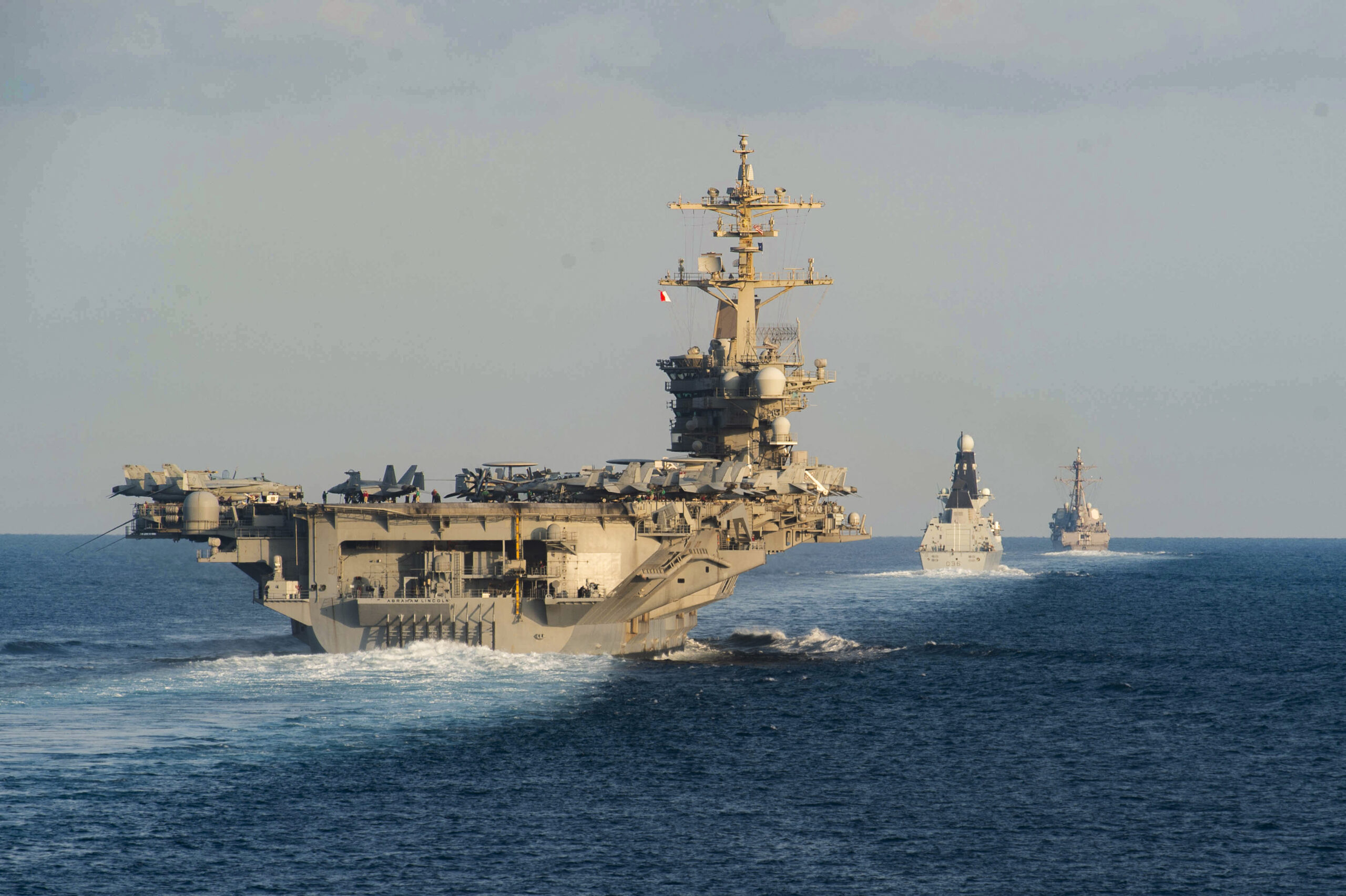
The United States has deployed a missile submarine and has accelerated the deployment of an aircraft carrier to the Middle East in response to the increasing tensions
Following the assassination of Hamas’ commander, the United States has dispatched a guided missile submarine to the Middle East in response to the escalating tensions.
Following the assassination of prominent Hezbollah and Hamas leaders, the United States has increased its military presence in the Middle East in response to the escalating regional tensions.
The deployment of the USS Georgia, a guided missile submarine, to the region was announced by Defence Secretary Lloyd Austin on Sunday.
Furthermore, the USS Abraham Lincoln carrier strike group, which is equipped with F-35C fighter aircraft, has been directed to expedite its arrival in the region.
Despite concerns regarding the potential for a more extensive conflict, this strategic deployment demonstrates the United States’ dedication to the defense of its ally, Israel. Austin emphasized that the United States will “take every possible step” to support Israel and deter potential aggression, particularly from Iran.
The heightened military posture is a response to the assassination of Hamas’s foremost political figure, Ismail Haniyeh, in Tehran on July 31.
Iran has accused Israel of orchestrating the assassination and has pledged retribution. Although Israel has not officially acknowledged its involvement, it is widely assumed that it is responsible for the attack.
Passenger airlines have initiated the suspension of flights to numerous Middle Eastern destinations in response to the increasing tensions.
Lufthansa has announced the suspension of flights to Tel Aviv, Beirut, Amman, Erbil, and Tehran until August 21. Similarly, Swiss Air and Air France have either canceled flights to these cities or have extended their suspensions.
Professor Mehran Kamrava of Georgetown University posited that the United States’ public demonstration of military force functions as a deterrent against Iran and Hezbollah, while privately suggesting potential Iranian plans for a strike.
The Israeli assassination of Hezbollah’s senior commander, Fuad Shukr, which took place shortly before Haniyeh’s assassination, has been met with a pledge of retribution by the Iranian-backed organization in Lebanon.
The Biden administration is advocating for a ceasefire in Gaza to alleviate tensions, and negotiations are expected to resume on Thursday. Hamas has responded by emphasizing that any future negotiations should prioritize existing agreements over new discussions.
In the interim, the White House and international leaders have expressed their disapproval of Israeli Prime Minister Benjamin Netanyahu for allegedly undermining ceasefire efforts.
The United Kingdom, France, and Germany have all urged for the immediate resumption of negotiations, highlighting the necessity of preventing further escalation.
Global leaders persist in their pursuit of diplomatic solutions to deescalate the conflict and stabilize the region, as the situation remains volatile.
All Categories
Recent Posts
Tags
+13162306000
zoneyetu@yahoo.com



